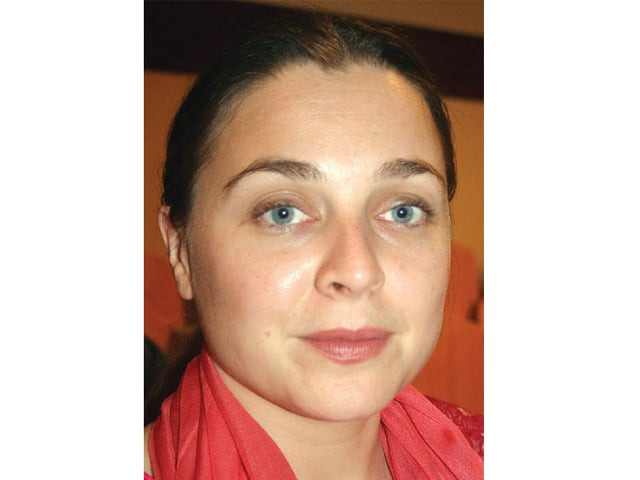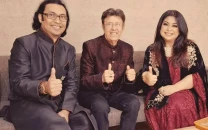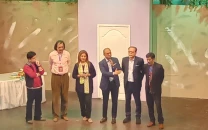Who is the ‘Bad girl’?
Claire Pamment speaks about Punjabi commercial theatre in Lahore.

Her paper titled Re-casting the Bad-girl: the female performer on Lahore’s stage addresses the basic issues of how commercial theatre and its performers are viewed in Pakistan and was read at The Tehrik-i-Niswan International Conference on Performing Arts 2010.
How do you see theatre growing in Pakistan?
Support is required for theatre to grow and to be recognised as an institution, especially at the academic level, otherwise there will only be isolated groups and no support for performing arts. We need to give the performing artistes their due share and there has to be some support to make it more exciting.
Is Punjabi commercial theatre vulgar?
The word ‘vulgar’ is inherited through the Puritan discourse of the 19th Century and one needs to develop a critical understanding of it. What you call vulgar is ticketed theatre, which is not marketed through a multinational corporation or with a help of a Non Governmental Organisation (NGO)!
How can you compare English plays performed by local directors to that which is being performed in Punjab?
The reason I compare the two is because Shah Sharahbeel’s play Phantom of the Opera was staged in Lahore in 2002 and it was projected as a counter to Punjabi commercial theatre and his work was said to parallel Punjabi commercial theatre. The year 2002 was branded in a certain way in Pakistan because of the staging of The Phantom of the Opera.
Is the concept of a ‘Bad-girl’ only relevant to Punjab with performers working in commercial theatre?
The ‘Bad girl’ terminology developed in the 19th Century. (Nowadays) in Punjabi commercial theatre, the performances are taken on by female performers with a largely male audience.
Look at Nargis, when she comes on stage, she seduces the male audience.
With no acceptance for such theatrical activities, where then is our society headed?
As a theatre practitioner, I believe that things are clearly going somewhere. If there is enough acceptance of it then that activity will certainly happen.
Published in The Express Tribune, December 29th, 2010.


















COMMENTS
Comments are moderated and generally will be posted if they are on-topic and not abusive.
For more information, please see our Comments FAQ